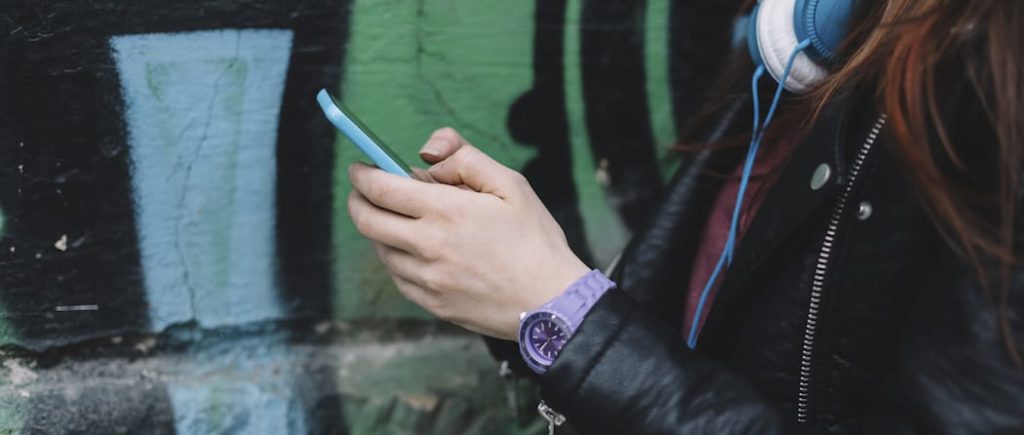If you have a child who is active on social media, you should be aware of the potential for addiction. Anyone can become addicted to using social media, and even more troubling is its association with substance abuse. To protect your child, you need to be aware of the possible harm that these seemingly innocent social sites can cause. Know the risks and the signs, and you can prevent your child from becoming a social media addict.
Social Media Addiction and Substance Abuse
Being addicted to sites like Facebook and Instagram doesn’t sound very serious. A lot of people throw around the term “addicted” pretty lightly, but behavioral addictions, like those to spending time on social media, can be serious. In studies on the subject, problematic social media users reported similar symptoms to those experienced by drug addicts: cravings for using the sites, increasing use over time and irritability and withdrawal when unable to access an account. The same study also found that those people exhibiting signs of addiction to social media displayed difficulties regulating emotions or controlling impulses. These are characteristics seen in all types of addicts. The researchers also found that people struggling with Facebook addiction were more likely to have drinking problems, too.
Risk Factors for Social Media Addiction
Your child may be using social media in a responsible way, but you should still be aware of what could put him at risk of developing an addiction. If he has several of these risk factors, you may want to monitor and limit his usage of the sites. These risk factors apply to other types of Internet addictions as well.
- Anxiety and depression. If your teen struggles with an anxiety disorder or depression, he may be at risk for a social media addiction because he may use it as a way to distract himself from negative emotions and troubling thoughts. It can become an unhealthy habit.
- High stress levels can also lead to unhealthy use of social media. As with anxiety and depression, your teen may turn to social media to decompress and then develop a pattern that becomes addictive.
- Limited social life. It may seem counterintuitive, but people with poor social skills in reality are more likely to jump online to socialize and meet friends. Your teen may feel more comfortable opening up online, but, again, this can become an unhealthy habit.
- Failure to fit in. When a teen doesn’t feel like he fits in, going online to socialize means he has access to a larger world than is available at school. This can be exhilarating for a shy teen who feels like an outcast among his peers.
- If your teen has already struggled with addiction, whether to substances or another type of behavior, he is now at a greater risk for becoming addicted to social media.
Protecting Your Teen From Social Media Addiction
You want your teen to be healthy and happy, so talk to him about what healthy social media use looks like. If you feel like he spends too much time online and not enough socializing with friends in person, set limits. You may even consider taking his smartphone away or not allowing him to have one if he can’t control the urges to check social media. Another great strategy is to encourage your teen to get involved in social activities at school, in the community or at church. The more he socializes in the real world, the less he will feel the need to check status updates and Twitter feeds. Whatever you can do to encourage healthy socialization will help your teen be a healthy and happy person.

